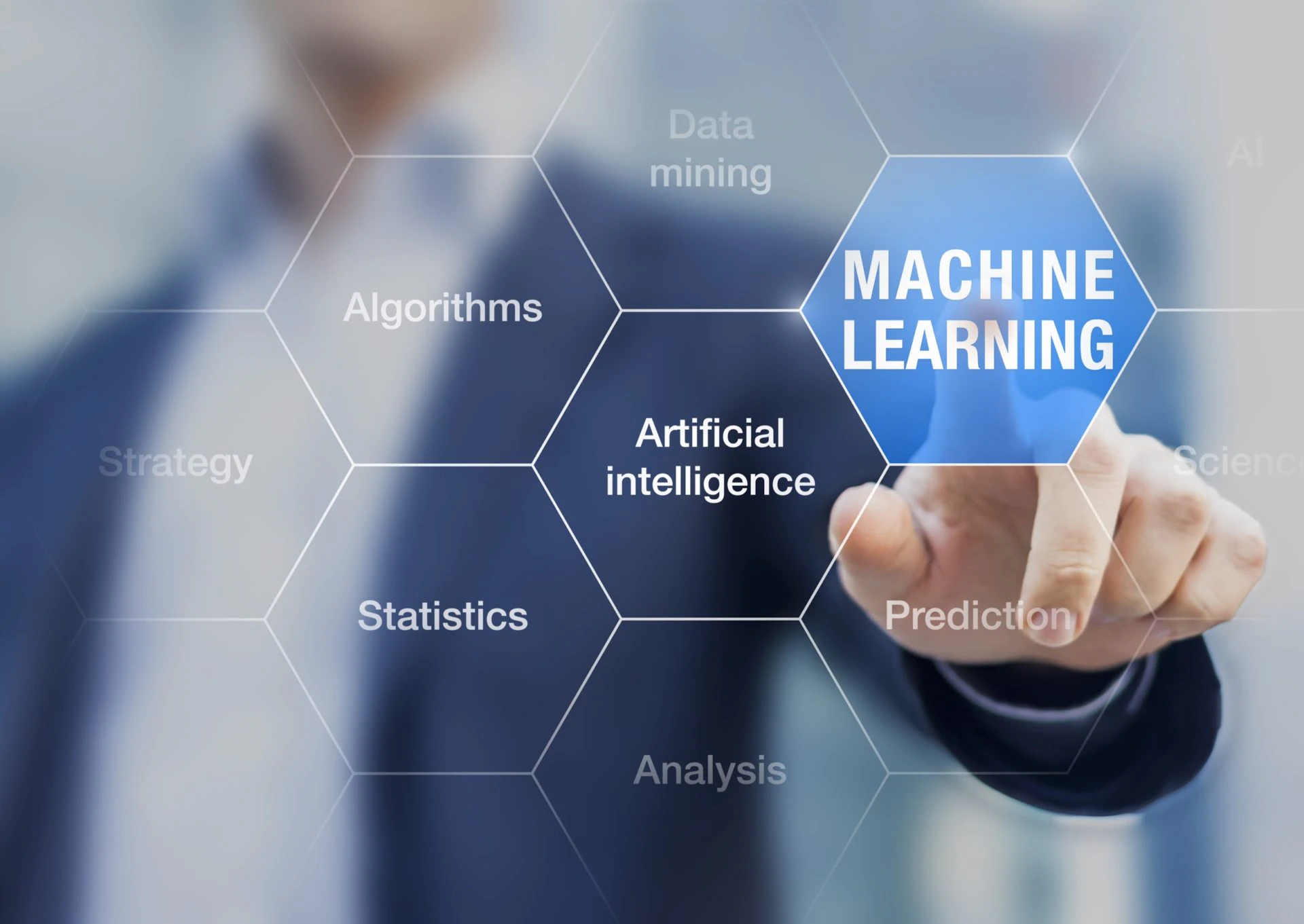AI and Machine Learning in Hospitality: Part I

Artificial Intelligence (AI) and Machine Learning are buzzwords getting a lot of mileage these days in publications across dozens of industries. Do they live up to the hype or are they just another fad? Well, let’s see how they have made an impact so far.
Artificial Intelligence and Machine Learning in Travel
Looking back, we’ve witnessed some big disruptions in the travel industry. When Expedia and Booking.com were introduced in 1996, it wasn’t obvious they would grow into massive B2C sites that would aggregate demand and shift power in this industry. Similarly, when AirBnb was founded in 2008, we never would have guessed that it would grow into a multi-billion dollar behemoth, accounting for over 10% of paid lodging in the U.S.
The technologies we’re discussing here will have a similarly profound effect. Those embracing the new will benefit. Those who ignore or fight the change may be left behind.

A recent study conducted by McKinsey & Company compared a couple dozen major industries in terms of how much each would be impacted by AI, shown in the chart above. In the travel industry, AI has the potential to create a $400 billion valuation. That’s 13 times the latest valuation of Airbnb!
AI and Machine Learning in your life
You’re probably unconsciously experiencing the results of AI on a regular, if not daily, basis. Several major companies have used AI to personalize the user experience so much that you probably don’t even think of it as personalized. You simply know it as your account.

Think about Netflix. When I’m logged into my Netflix account, I see tons of recommendations based on a recent show I watched. I also see a never-ending list of recommendations based on hundreds of hours of viewing activity. This approach is highly engaging, and it’s powered by an algorithm that is essential to Netflix’s viability. They are ahead of the curve in terms of using data as a strategic weapon, perpetually fine-tuning their algorithms to stay ahead.
Amazon goes further by leveraging my account and browsing history to fill my page with recommendations for topics I’m interested in and topics my family members are interested in because I shop for them. This is powerful. Compare this to Best Buy’s website, where I don’t have an account or browsing history. They offer me great deals, but they don’t find out what I want and need.
There is a striking parallel in the hospitality industry. Too often, our thinking starts with the rooms we have or the occupancy challenges we face seasonally. Those may be our problems, but they’re not the guest’s problems. How often do we think about what the guest actually wants? How often do we successfully leverage our data to make sure we offer the guest exactly what they want when they want it?
AI and Machine Learning in hospitality
People are becoming more and more comfortable with technology, so why shouldn’t it be there during our travels? If Alexa can help me find a great dinner spot in a new city or figure out how to change the temperature in my room without needing to learn the controls of yet another thermostat, that enhances my experience as a guest.
Things are already happening in the hospitality space. Hilton launched Connie, a chatbot powered by IBM Watson in 2016. Alexa for Hospitality just launched last month (June 2018). Marriott and Wynn are testing Alexa-enabled devices in their hotels. But it’s not only the big hotel names that are dipping their toes into AI.
At The Cosmopolitan in Las Vegas, you can find Rose, a personal-assistant-like chatbot that reads “Know my secrets. Text me” and “I am the answer to the question that you never asked.” Guests can ask the ChatBotler at Aloft Boston Seaport for amenities or information about the property. In Singapore, the M Social hotel is using Aura to deliver amenities like water, towels, and toiletries directly to rooms, while Ausca will cook your morning eggs. In another part of the city, Hotel Jen employs Jeno and Jena to perform services such as in-room dining delivery.
As such, AI may be the next technology investment you need to stay relevant. It improves hotel marketing initiatives and operations, and without it, you can’t drive more profits, you can’t fend off competition, and you can’t better serve your guests in the way they expect. Your longer-term success and sustainability partly rely on embracing these new technologies.
AI and Machine Learning
There is no doubt that AI and Machine Learning are becoming more and more prevalent across all industries. I’ll be back in the next couple weeks with more hospitality-specific guidance (and watch-outs) on these emerging technologies. Stay tuned!
The post AI and Machine Learning in Hospitality: Part I appeared first on Revinate.
